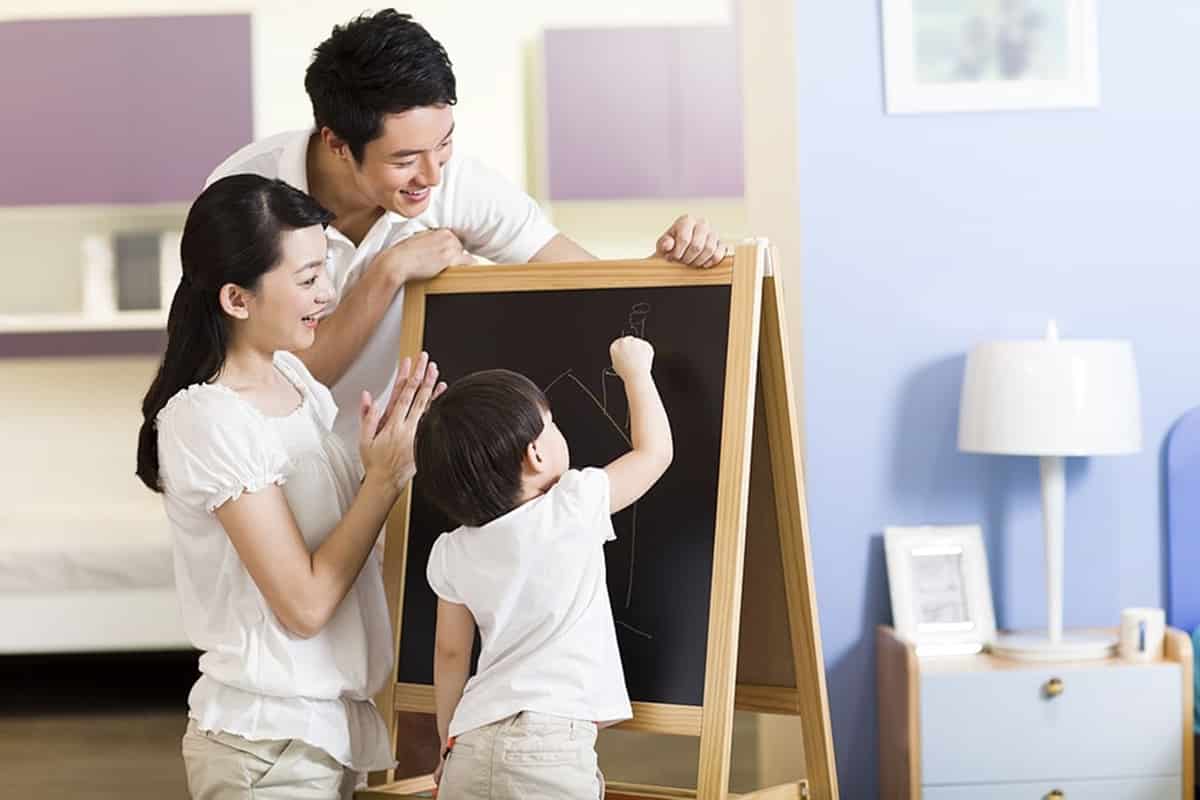What's next?
Interested?
Leave your details here.
CONFIDENCE – HOW TO BUILD IT? (PART 2)
In the first part of the article, we discussed about confidence and how powerful it is. So, today, in the second part of the article, we are going to seek answers to the question: “How exactly can we help to grow confidence in our children?”
♠ Embrace a Growth Mindset
Psychologist and researcher Dr Carol Dweck coined the “growth versus fixed mindset” framework more than ten years ago. This concept allows us to train our children to be better problem solvers by adopting more of a growth mindset.
A child with a growth mindset sees mistakes or setbacks as opportunities for learning. A growth mindset means to focus on the process of mastering something new, to enjoy being challenged, and to learn.
In contrast, a child with a fixed mindset views his/her abilities or skills as inborn and avoids trying new or challenging activities or goals because of fear of failure. The fixed mindset sees outcomes through a binary lens of success or failure, rather than seeing the opportunity for experimentation and growth.
The fixed mindset tends to focus obsessively on outcomes. We can help to grow our children’s brain ability by shifting their focus to the effort, instead of the result.
♠ Practice Breeds Competence. Competence Breeds Self Confidence
Your child’s piano teacher was right: practice does make perfect. The best way to build our children’s confidence in a given area is to invest energy in it and work hard at it. Deliberate practice will almost always trump natural aptitude.
Practice can be beneficial and is highly recommended for our children because, in addition to building their confidence, it also tends to improve their quality. Even children who are confident in their abilities can become more so with better preparation.
Let Them Out of Their Way
Confident children aren’t only willing to practice; they’re also willing to acknowledge that they don’t — and can’t — know everything. It’s better to know when they need help than not. A certain degree of confidence — specifically, trust in their ability to learn — is required to be willing to admit that they need guidance or support.
On the flip side, ensure our children not let modesty hold them back. Children often get too wrapped up in what others will think to focus on what they have to offer.
♠ Give Feedback When They Need It
Children, at times, don’t want to rely on others’ opinions to boost their egos; ultimately, validation can also be beneficial in building their confidence. It’s better to tell them what you think as someone who cares about their development as well as the quality of their performance.
♠ Let Them Take Risks
Playing with our strengths is a smart tactic, but not if it means we hesitate to take on new challenges. Many children don’t know what they are capable of until they are truly tested. Let them try things that they think they can’t do. Failure can be beneficial for building confidence.
Of course, this is often easier said than done. It feels terrible to not be good at something. There’s a leap of faith with getting better at anything. But don’t assume that our children should feel good all the time. Giving our children the right amount of stress is the only way for them to grow.
Elevate our children’s confidence and unleash the power that lies within them, starting today. If we get started on these, we’ll be well on our way to tapping into and unlocking the potential within our children.
Our children have got it in them. Let them do it!


